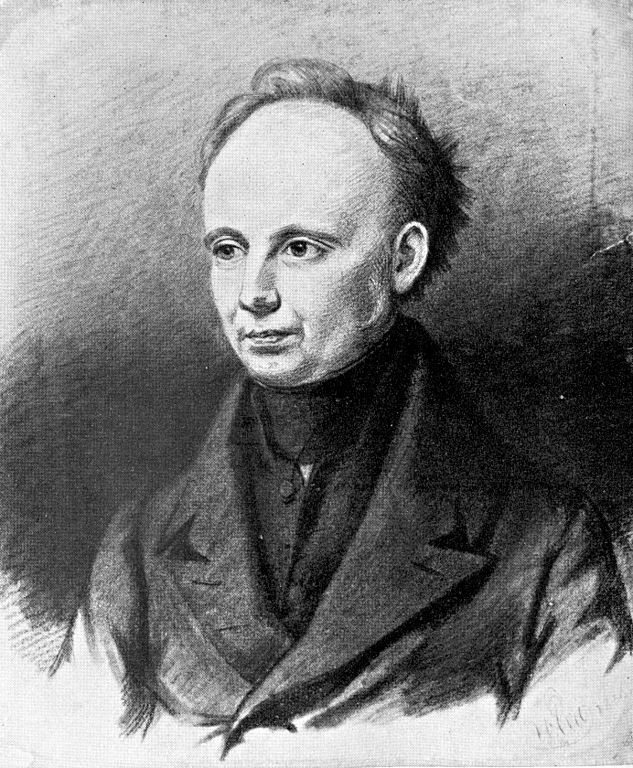Margarita Zorbala, "Old Roads" (1975) • poem: Manolis Anagnostakis (translation) • music: Mikis Theodorakis
|
Δρόμοι ΠαληοίΜουσική: Μίκης ΘεοδωράκηςΠοίηση: Μανώλης ΑναγνωστάκηςΕρμηνεία: Μαργαρίτα ΖορμπαλάΔρόμοι παλιοί που αγάπησα και μίσησα ατέλειωτα κάτω απ' τους ίσκιους των σπιτιών να περπατώ νύχτες των γυρισμών αναπότρεπτες κι η πόλη νεκρή.
Την ασήμαντη παρουσία μου βρίσκω σε κάθε γωνιά κάμε να σ' ανταμώσω κάποτε φάσμα χαμένο του πόθου μου κι εγώ.
Ξεχασμένος κι ατίθασος να περπατώ κρατώντας μια σπίθα τρεμόσβηστη στις υγρές μου παλάμες.
Και προχωρούσα μέσα στη νύχτα χωρίς να γνωρίζω κανένα κι ούτε κανένας κι ούτε κανένας με γνώριζε με γνώριζε. |
Old RoadsMusic: Mikis TheodorakisPoem: Manolis AnagnostakisInterpretation: Margarita ZorbalaOld roads – roads that I loved and hated endlessly, let me walk under the shadows of the houses, the nights of coming back, unavoidable, and the city, dead.
My insignificant presence I discover in every corner. Let me meet you someday, lost spectre of my Desire, me too
Walking, forgotten and rebellious holding a trembling spark in my damp palms.
And I kept on walking in the night without recognizing anyone And no one, either, and no one, either, recognizing me, recognizing me. |
